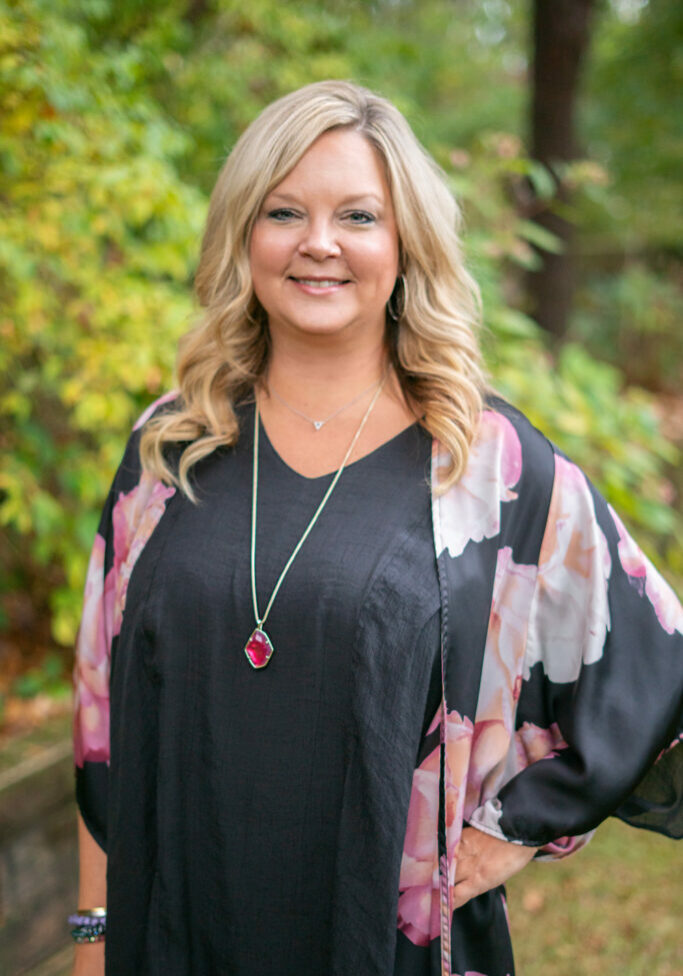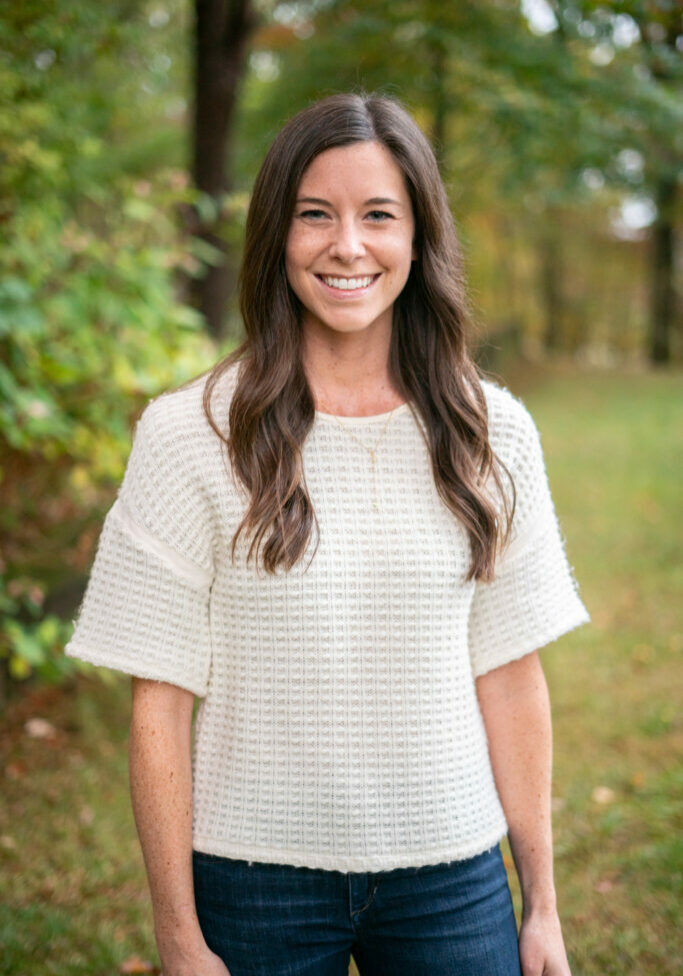How Germs Can Travel to Our Eyes
Most of us rub our eyes many times in the course of the day without really thinking about it.
Whether we’re tired, our eyes feel dry or itchy, or there’s something stuck in one of them, it seems like the easiest way to make it feel better is to rub them a little. Unfortunately, doing that is a great way to spread germs from our fingers to our eyes.
The Germs on Our Skin and Hands
Many types of microorganisms live on our skin all the time, including on our faces and hands. This microscopic ecosystem is known as “skin flora,” and it can contain around a thousand species of bacteria, as well as viruses and other germs. Some are beneficial, while others could lead to disease or infection, especially if they get into our eyes.
The Eye’s Natural Defenses
Eyes are more vulnerable than skin to disease and infection-causing germs, but they aren’t defenseless. The eyelashes help to keep irritants out, as does the simple action of blinking. Next, the tear film is a three-layer drainage system to protect the cornea from germs and debris that actually reach the eye’s surface. However, when we rub our eyes, we may accidentally cause tiny injuries to the cornea, giving germs an opening to get inside and cause an infection.
Protecting Our Eyes from Germs
Sometimes, touching our eyes is unavoidable. People who wear contact lenses obviously have to touch their eyes every time they insert and remove them. On the whole, it’s best to keep contact to a minimum, but at the very least, we should be thoroughly washing our hands with soap prior to touching our eyes.
It’s especially important to keep fingernails trimmed to prevent the transfer of germs to our eyes. All kinds of germs and debris collect under them from everything else we touch throughout the day, and it is almost impossible to clean them well enough when they’re long. In fact, germs collecting under fingernails is the main reason medical professionals wear gloves when interacting with patients! This goes for fake nails just as much as natural ones.













